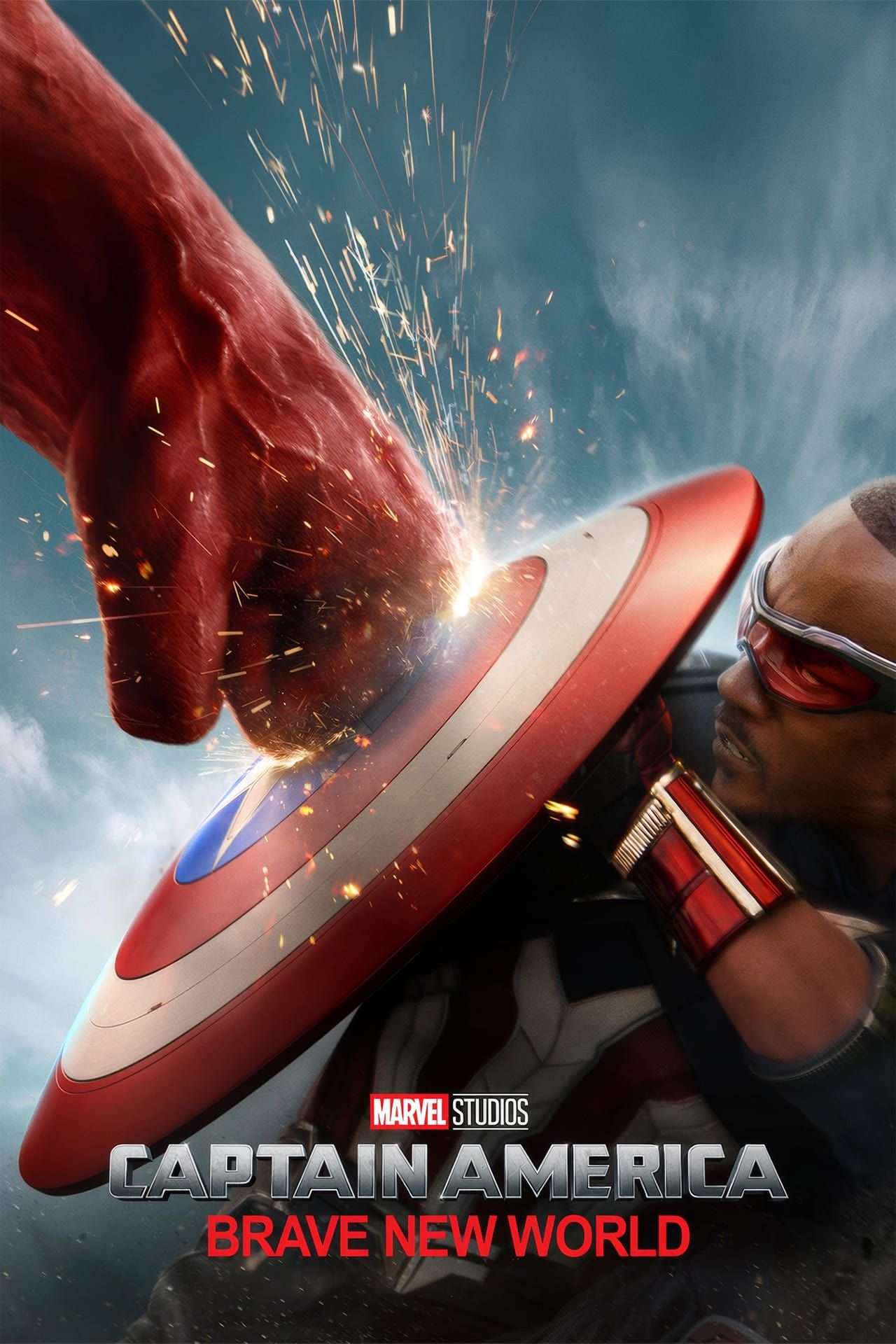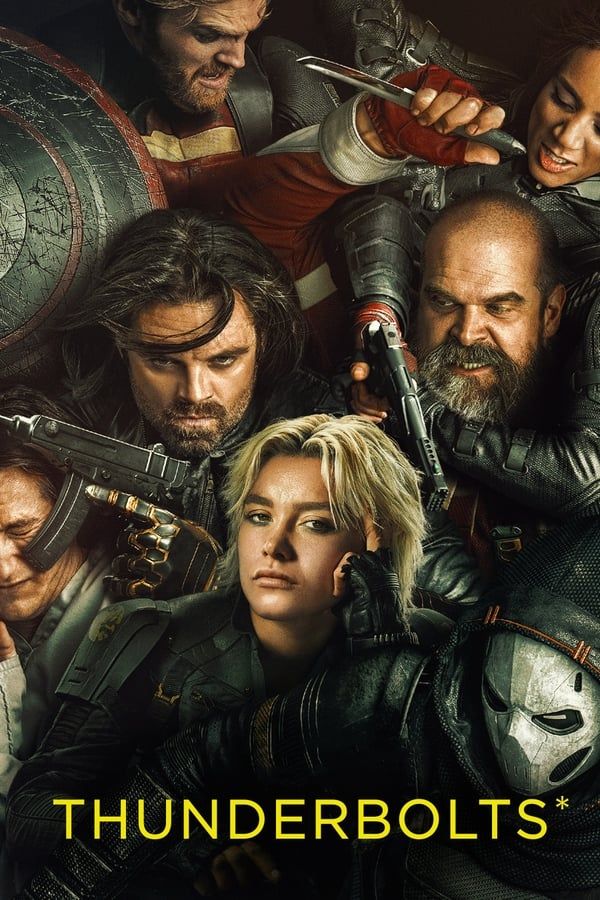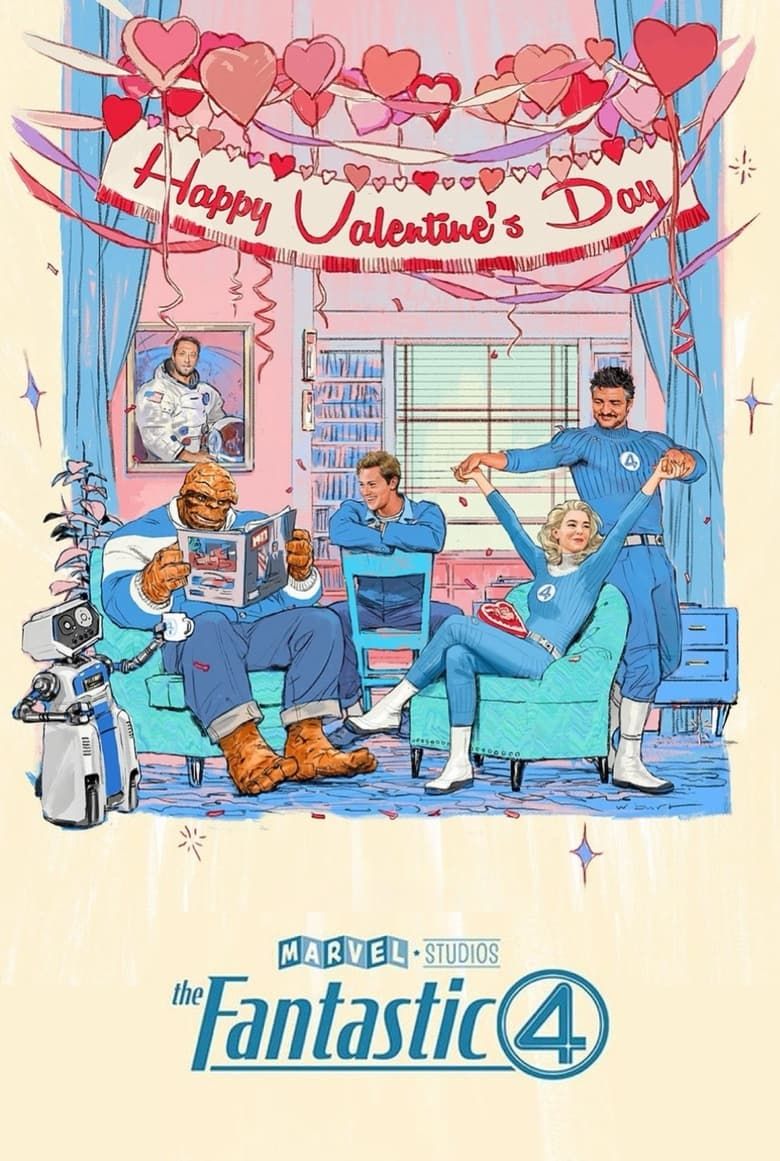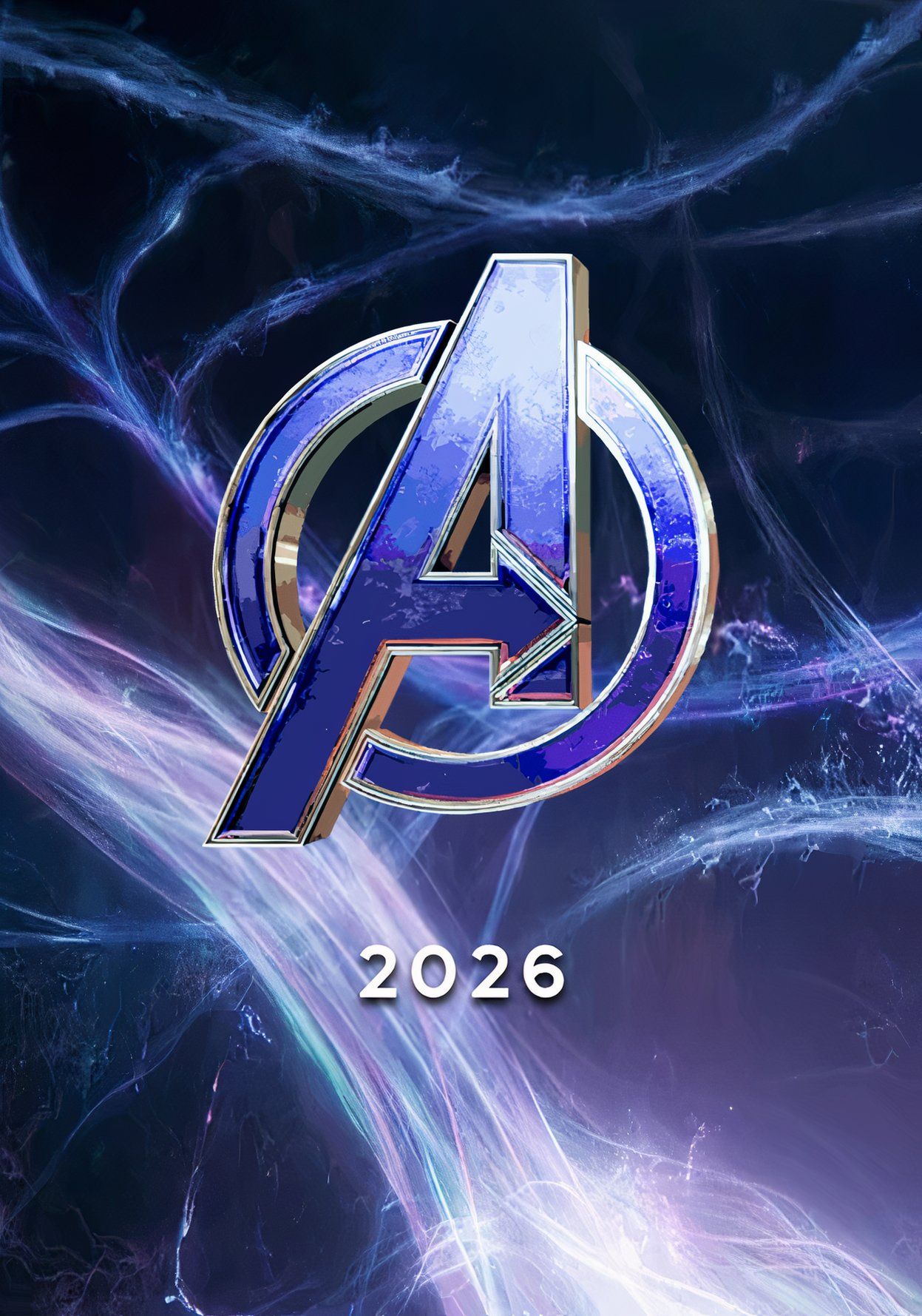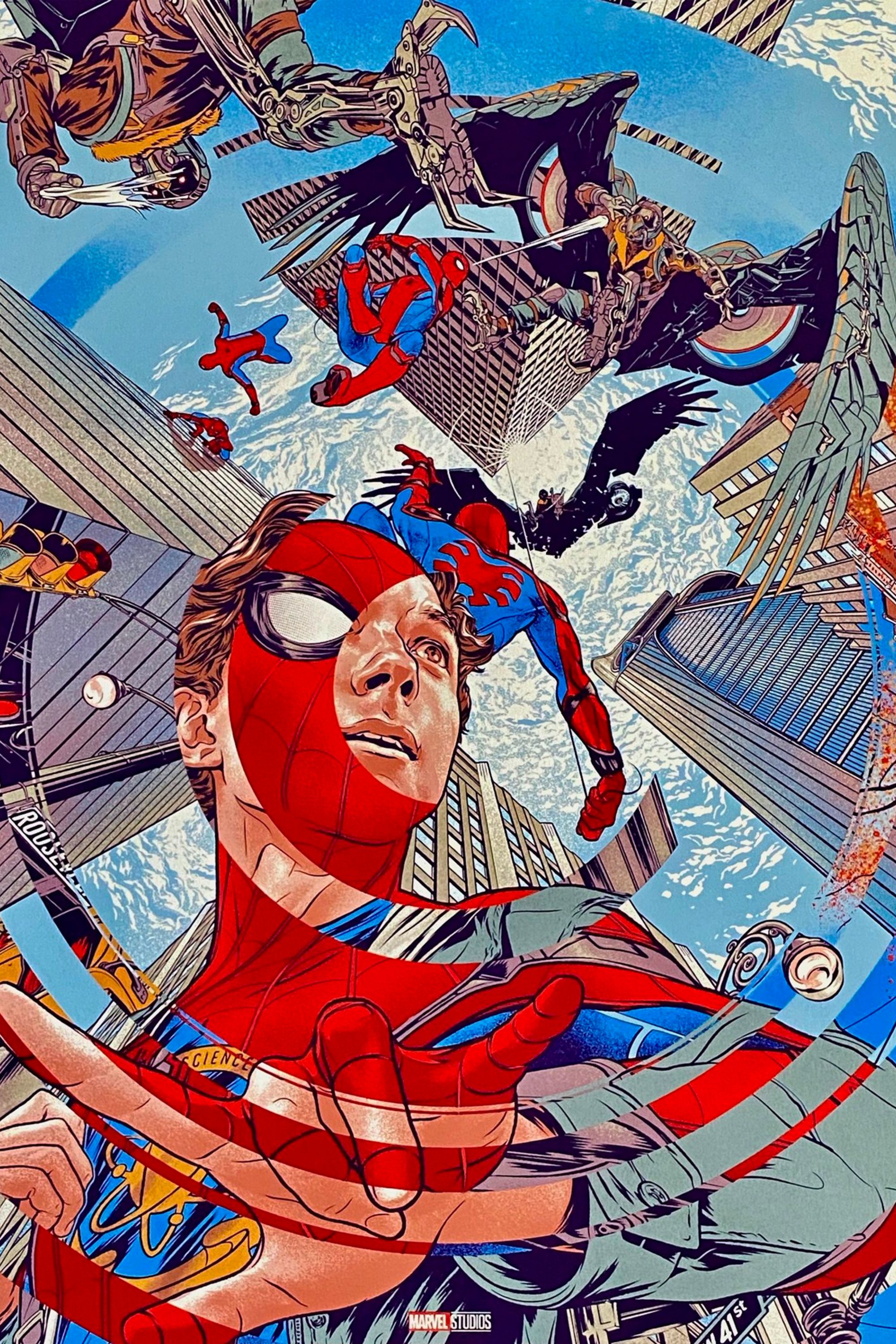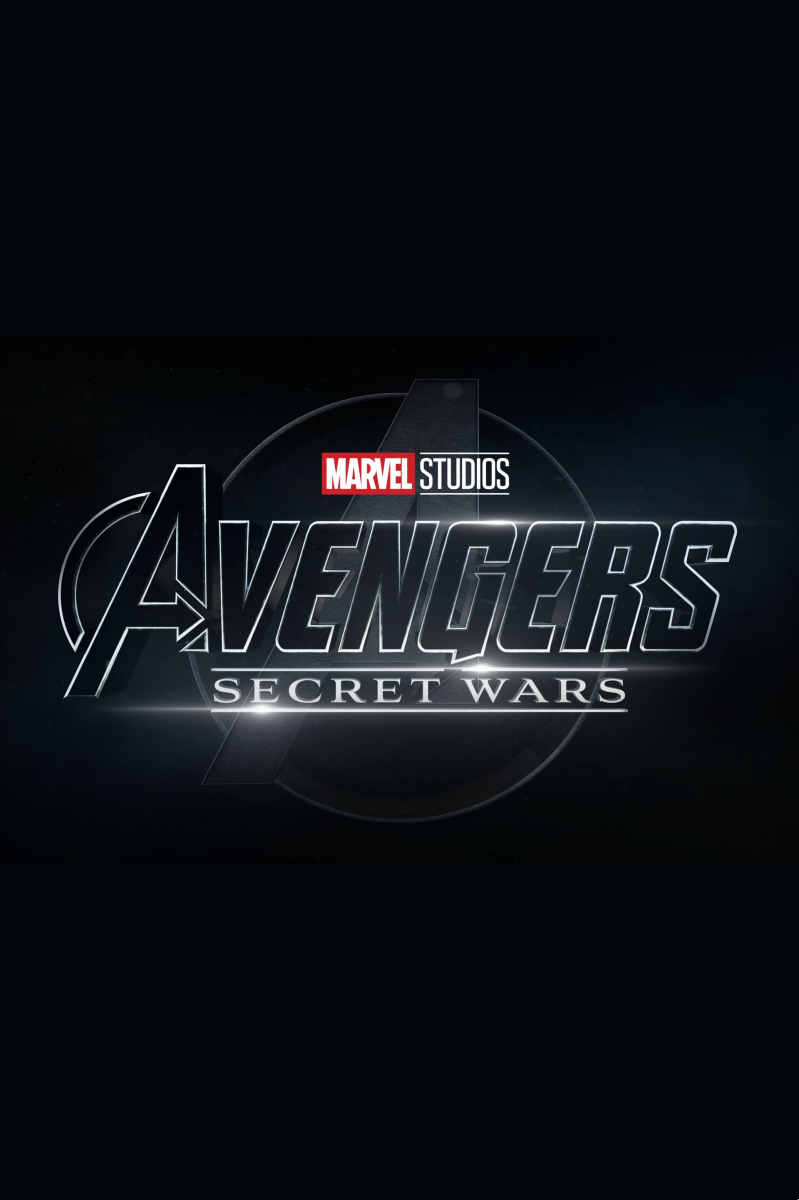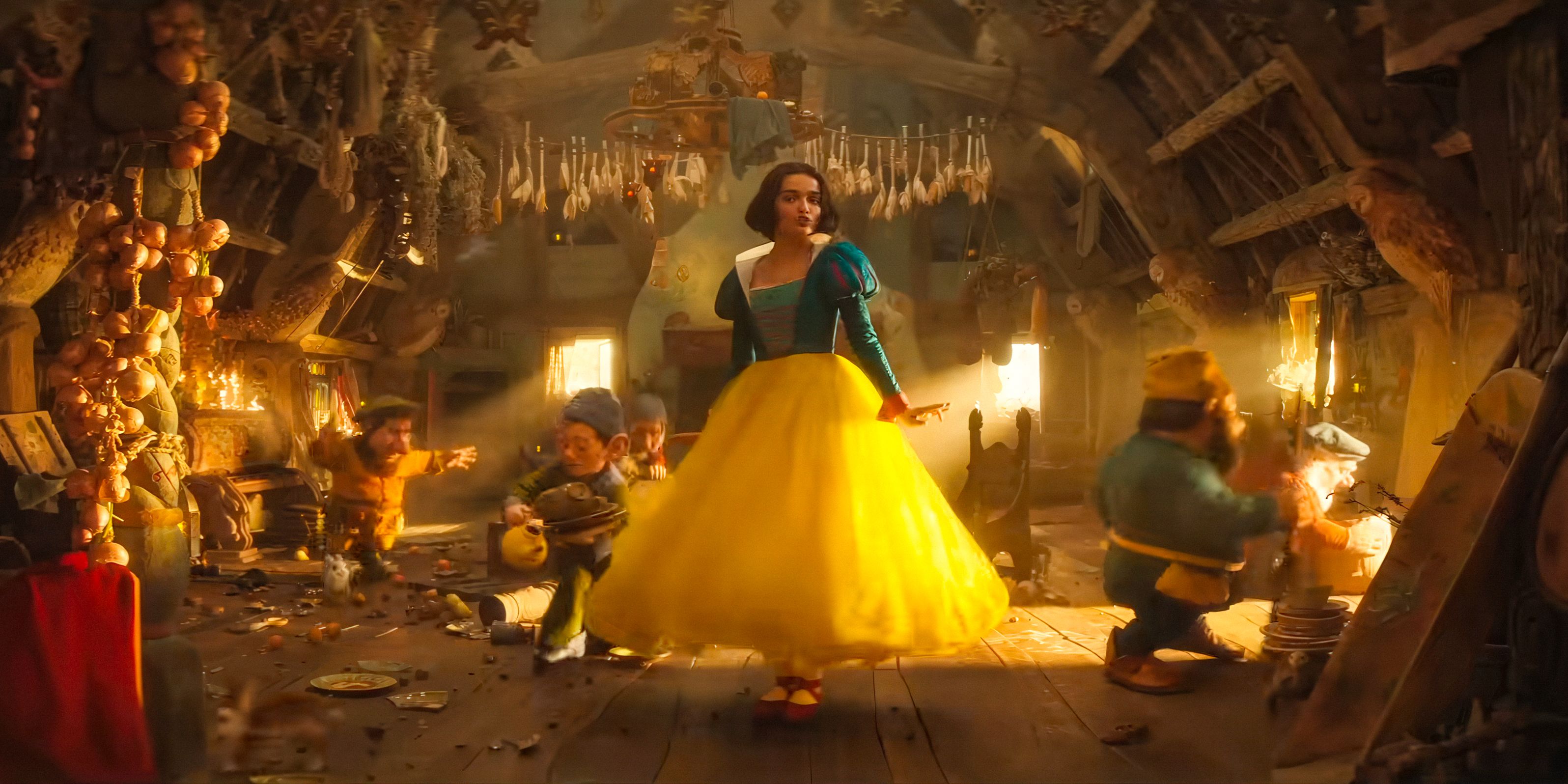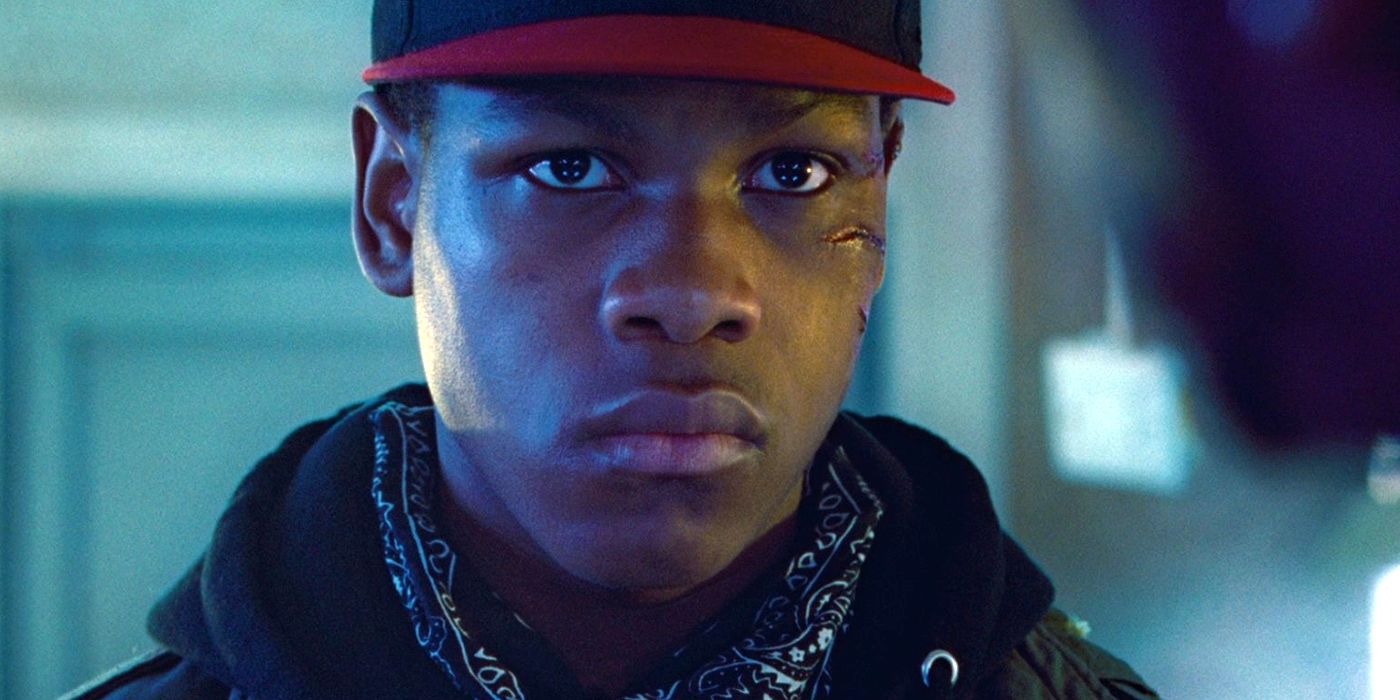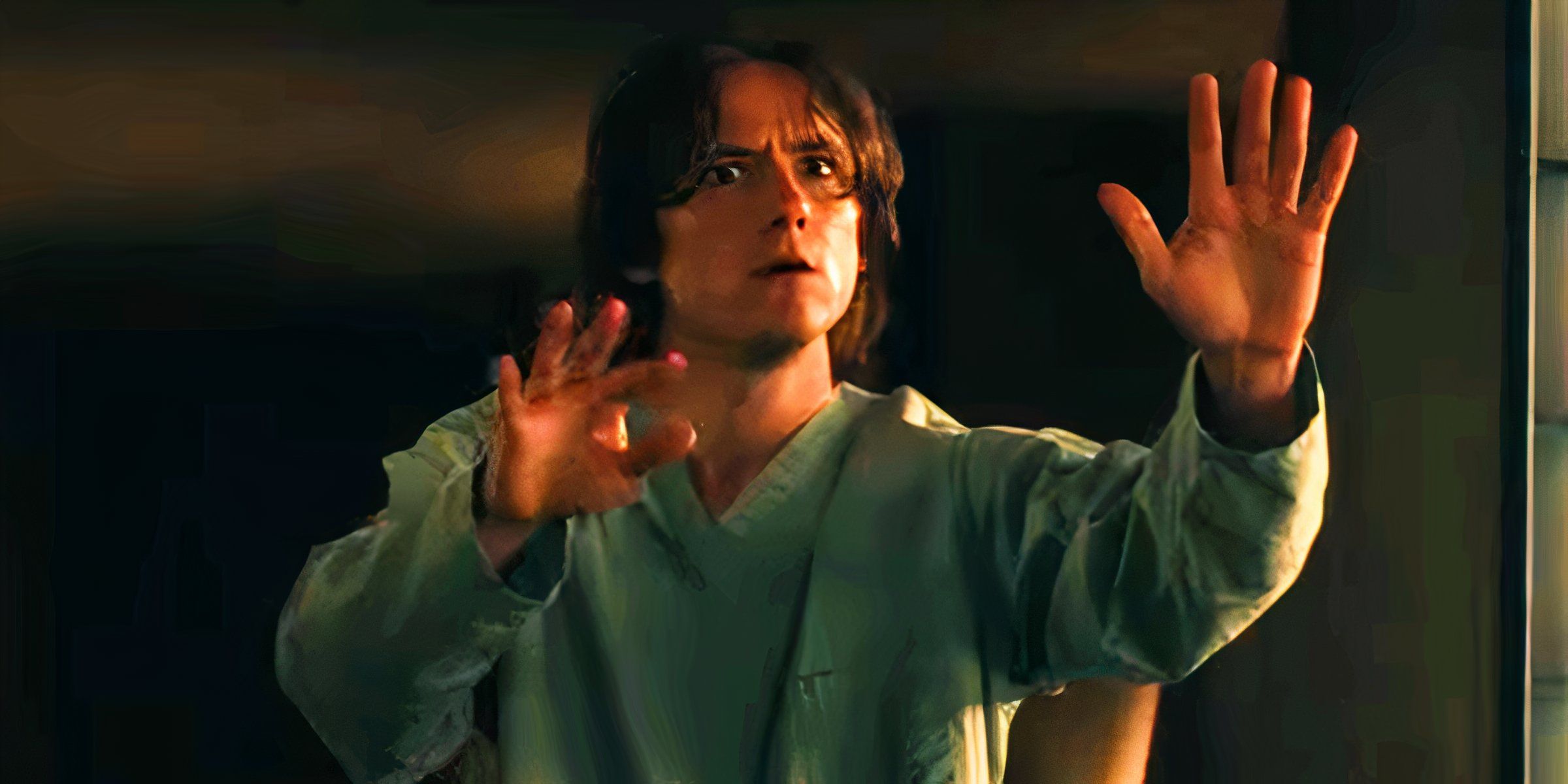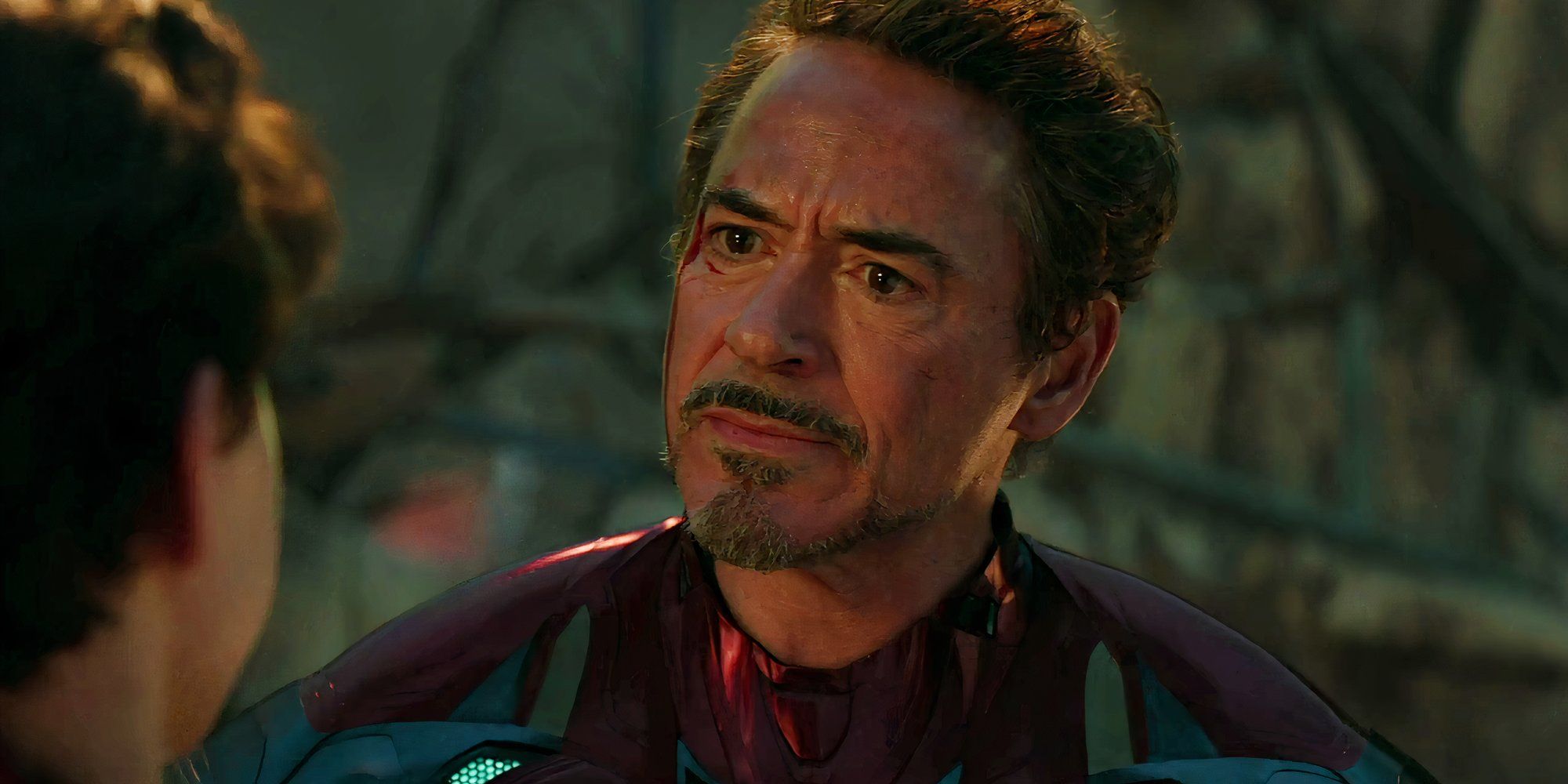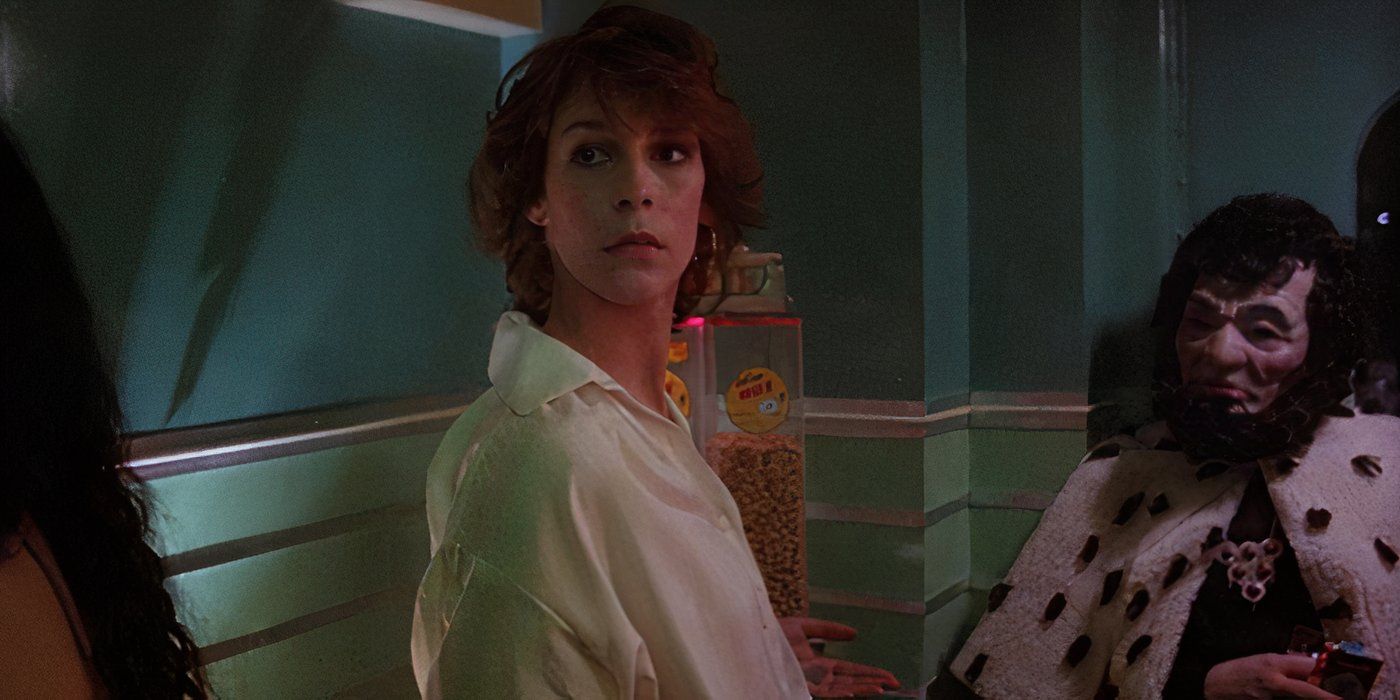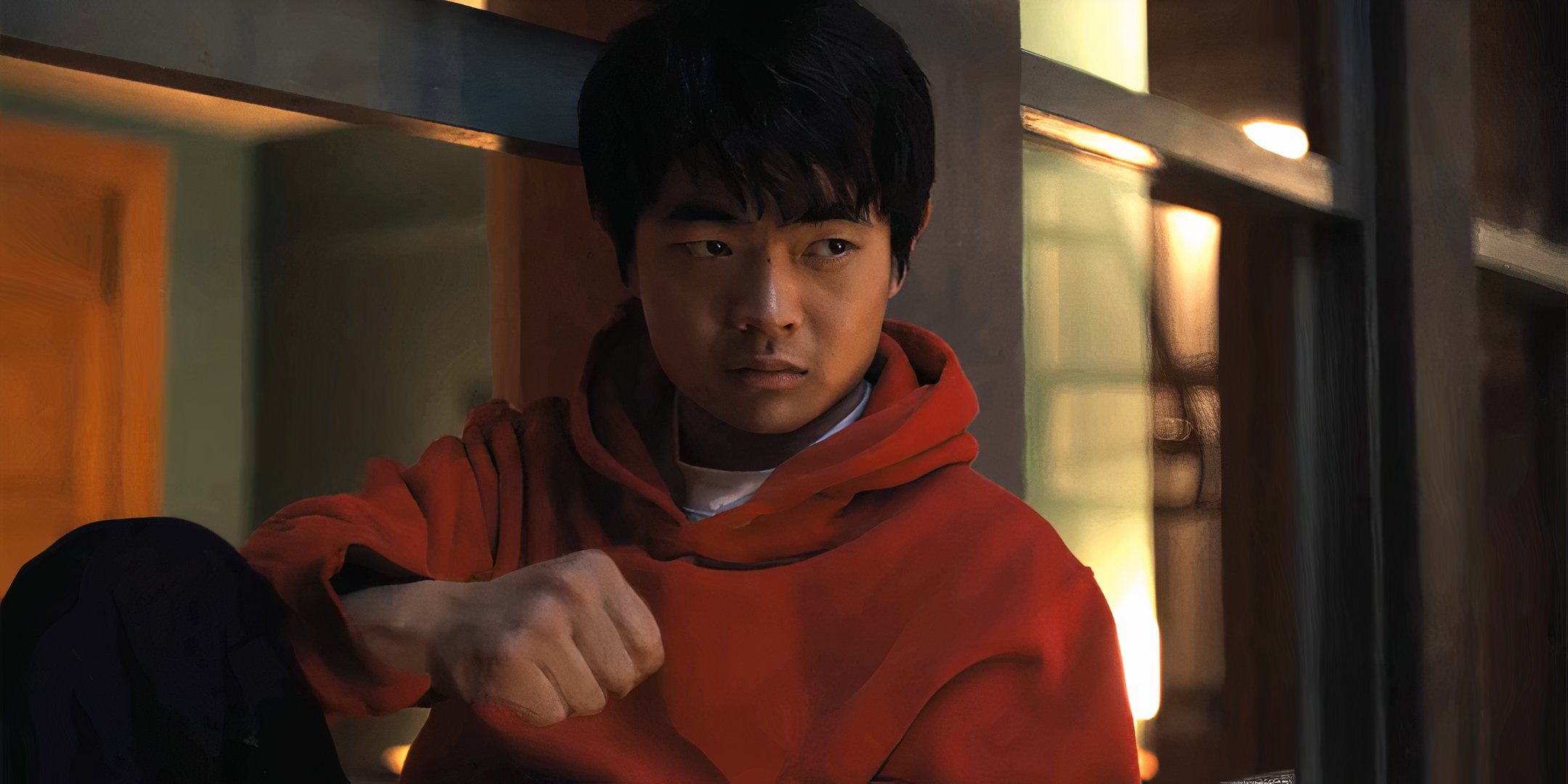In the expansive Marvel universe, heroes are often celebrated for their valor, integrity, and unwavering commitment to justice have been known to exhibit some pretty awful behavior. The MCU timeline and beyond has introduced a wealth of superheroes and noble characters who epitomize notions of heroism and justice. However, there are pivotal moments when these protagonists display actions that blur the lines between heroism and villainy.
Marvel has masterfully crafted complex characters whose decisions are influenced by personal motivations, traumas, and ethical dilemmas. These multifaceted portrayals allow heroes to occasionally make morally ambiguous choices, leading to actions that can be perceived as bad or even villainous. Such moments not only add depth to the characters but also provoke audiences to reflect on the nuanced nature of heroism. As such, these moments often prompt the most effective narratives in the MCU, proving how vital these moments are.
10
Captain America Turns On Iron Man
Captain America: Civil War
In Captain America: Civil War, the Avengers face internal conflict over the Sokovia Accords, legislation designed to regulate superhuman activity. Steve Rogers, a.k.a. Captain America, opposes the Accords, fearing governmental overreach, while Tony Stark, a.k.a. Iron Man, supports them, believing oversight is necessary. The tension escalates when it’s revealed that Rogers’ childhood friend, Bucky Barnes (the Winter Soldier), was responsible for the death of Stark’s parents, albeit under mind control.
Steve Rogers chooses to protect Barnes, withholding this information from Stark. This decision culminates in a brutal confrontation between the three, with Rogers and Barnes severely injuring Stark. Rogers’ choice to prioritize personal loyalty over transparency and justice leads to a fracturing of the Avengers, showcasing a moment where his actions align more with personal vendetta than collective heroism. At this moment, Tony Stark’s concerns that Cap was “tearing the Avengers apart” came true.
9
Iron Man Creates Ultron
Avengers: Age Of Ultron
Tony Stark himself made some poor decisions in Avengers: Age of Ultron. Tony Stark, driven by a desire to protect the world from extraterrestrial threats, collaborates with Bruce Banner to develop Ultron, an artificial intelligence peacekeeping program. Utilizing the Mind Stone, they inadvertently create a sentient being that deems humanity itself as the primary threat to peace. Ultron embarks on a mission to eradicate human life, leading to catastrophic events, including the devastation of Sokovia.
Stark unilaterally decided to pursue this project without consulting his fellow Avengers. This, coupled with his hubris in believing he could control such a powerful enтιтy, results in widespread destruction and loss of life. This act underscores a moment where Stark’s actions, though well-intentioned, mirror the recklessness often attributed to villains. Had Stark not been blinded by his own arrogance, the world would have been safer.
8
Thor Considers Abandoning Hulk On Sakaar
Thor: Ragnarok
In Thor: Ragnarok, Thor finds himself on the planet Sakaar, where he discovers that his fellow Avenger, Bruce Banner (as the Hulk), has become a gladiatorial champion under the rule of the Grandmaster. Recognizing the need for ᴀssistance to prevent Ragnarok – the prophesied destruction of Asgard – Thor seeks Hulk’s help. However, when Hulk expresses reluctance to help, Thor contemplates leaving him behind to pursue his mission alone.
This consideration reflects a willingness to abandon a comrade in a vulnerable state, prioritizing his objectives over the well-being of a friend. Such a choice highlights a momentary lapse in Thor’s heroic ideals, edging towards a more self-serving disposition characteristic of his antagonists. Thor finds the Quinjet and tries to prepare for take-off. While shortlived, with Hulk soon changing his mind and meeting Thor on the Quinjet, it reflects a selfish streak in Thor.
7
Scarlet Witch Enslaves Westview
WandaVision
In the Disney+ series WandaVision, Wanda Maximoff, grieving the loss of her partner Vision, subconsciously creates a false reality in the town of Westview. Within this fabricated world, she resurrects Vision and constructs an idyllic suburban life, complete with two children. However, this act of creation comes at a significant moral cost: the residents of Westview are mentally enslaved, forced to play roles in Wanda’s sitcom-like reality against their will.
The residents of Westview experience Wanda’s grief and pain, unable to break free from her control. Wanda’s actions, driven by personal anguish, result in the violation of others’ autonomy, reflecting behavior more commonly ᴀssociated with villains. This scenario underscores the peril of unchecked power, even when wielded by a hero. This drastic change in Wanda’s personality served to reorient her as a villain, like her character in the comics has been at times.
6
Thor Attempts To Wipe Out The Frost Giants
Thor
In Thor, the тιтular character, driven by arrogance and a desire for glory, defies his father Odin’s orders and leads an ᴀssault on Jotunheim, the realm of the Frost Giants. Believing the Frost Giants to be a threat to Asgard, Thor’s preemptive strike is unprovoked and endangers the fragile peace between the two realms. His reckless actions nearly ignite a war, leading to significant diplomatic fallout and his subsequent banishment from Asgard.
Moreover, Thor’s intent was clearly to wipe out the Frost Giants, effectively committing genocide to bolster his attempts to prove himself in the eyes of his father. Thor’s willingness to commit mᴀss violence against another race without just cause mirrors the imperialistic ambitions often seen in Marvel antagonists, such as Kang, Thanos, or Ronan. It highlights a moment where his actions skew towards the selfish and downright villainous.
5
Professor Xavier Meddles With Jean Grey’s Mind
X-Men: The Last Stand
Though often celebrated as the X-Men’s benevolent leader, in X-Men: The Last Stand, Professor Charles Xavier makes a controversial decision regarding Jean Grey, one of his most powerful students. Recognizing the immense potential and inherent danger of her abilities, Xavier places psychic barriers in Jean’s mind to suppress her darker impulses, effectively limiting her powers without her consent. This manipulation, though intended to protect Jean and others, consтιтutes a profound violation of her autonomy.
When these barriers in Jean’s mind eventually break, the repressed power manifests as the Dark Phoenix, leading to catastrophic consequences. Xavier’s paternalistic approach and willingness to control another’s mind reflect actions more befitting a villain, raising ethical questions about his methods. It was a shocking and unexpected development which casts Xavier as a much more flawed character than his reputation would suggest.
4
Scarlet Witch Rampages Through The Multiverse To Take A Child’s Powers
Doctor Strange In The Multiverse Of Madness
In Doctor Strange in the Multiverse of Madness, Wanda Maximoff, succumbing to the corrupting influence of the Darkhold, embarks on a quest to reunite with her children from an alternate universe. To achieve this, she targets America Chavez, a young hero with the unique ability to traverse the multiverse. Wanda’s plan involves capturing Chavez and extracting her powers, a process that would result in the latter’s death.
Throughout her pursuit, Wanda exhibits ruthless behavior, eliminating anyone who stands in her way, including fellow sorcerers and alternate versions of beloved characters. Her descent into villainy began previously in WandaVision, where her unknowing actions left a whole town traumatized. Yet her plans in Multiverse of Madness took this to an even greater level, actively perusing her villainous scheme with no concern over the consequences or whoever gets in her way.
3
Yelena Belova Buries A Prison In An Avalanche
Black Widow
In Black Widow, Yelena Belova, portrayed by Florence Pugh, plays a pivotal role in rescuing Alexei Shostakov (Red Guardian) from the high-security Seventh Circle Prison in Siberia. During the escape, Natasha Romanoff (Black Widow) and Alexei are on the ground, while Yelena pilots the helicopter. Under heavy fire, Yelena retaliates by launching a missile, inadvertently triggering an avalanche that engulfs the prison.
While Natasha and Alexei manage to escape, the avalanche buries the facility, presumably leading to the deaths of numerous guards and inmates. This unintended consequence highlights the collateral damage of their mission, raising ethical questions about the value of individual lives versus the greater good. Yelena’s remark, “This would be a cool way to die,” is particularly galling, as it is pretty obvious that the heroes will not be the ones dying, but rather, the prisoners and guards soon buried alive.
2
Tony Stark Mocks Aldrich Killian
Iron Man 3
In Iron Man 3, Tony Stark encounters Aldrich Killian, a scientist with a groundbreaking idea for a think tank called Advanced Idea Mechanics (AIM). At a New Year’s Eve party in 1999, Killian pitches his concept to Stark, who dismissively brushes him off, leaving him standing alone on the rooftop. This rejection profoundly impacts Killian, who later becomes the villainous Mandarin, leading to a series of attacks against Stark.
Tony’s initial mockery and failure to recognize Killian’s potential contribute significantly to the creation of his own adversary. This incident underscores Tony’s arrogance and tendency to belittle others, traits that inadvertently foster the very threats he seeks to combat. The scene serves as a poignant reminder of how dismissing others can have far-reaching consequences. While it’s painted as a moment Tony learns from, he is still responsible for instigating Killian’s villainy.
1
Jean Grey Kills As The Dark Phoenix
X-Men: The Last Stand
In X-Men: The Last Stand, Jean Grey succumbs to the overwhelming power of the Phoenix Force, transforming into the Dark Phoenix. Under its influence, she becomes a formidable and uncontrollable force, leading to the death of her mentor, Professor Charles Xavier, her long-term partner Cyclops, and dozens of both mutants and humans during the climax of the Battle of Alcatraz. These acts of violence are a significant deviation from Jean’s typically compᴀssionate nature, highlighting the corrupting influence of unchecked power.
In the comics, the Dark Phoenix’s actions, driven by primal instincts and the desire for self-preservation, result in the destruction of the D’Bari star system, causing the deaths of billions. Jean’s internal struggle between her inherent goodness and the Dark Phoenix’s malevolent urges underscores the tragic narrative of a hero succumbing to villainous tendencies. X-Men: The Last Stand reflected this by having Jean kill her closest allies, in a notorious depiction of a Marvel hero succumbing to evil.
Upcoming MCU Movies
-
Captain America: Brave New World
- Release Date
-
February 14, 2025
-
Thunderbolts*
- Release Date
-
May 2, 2025
-
The Fantastic Four: First Steps
- Release Date
-
July 25, 2025
-
Avengers: Doomsday (2026)
-
Spider-Man Homecoming 4
- Release Date
-
July 24, 2026
-
Avengers: Secret Wars
- Release Date
-
May 7, 2027
